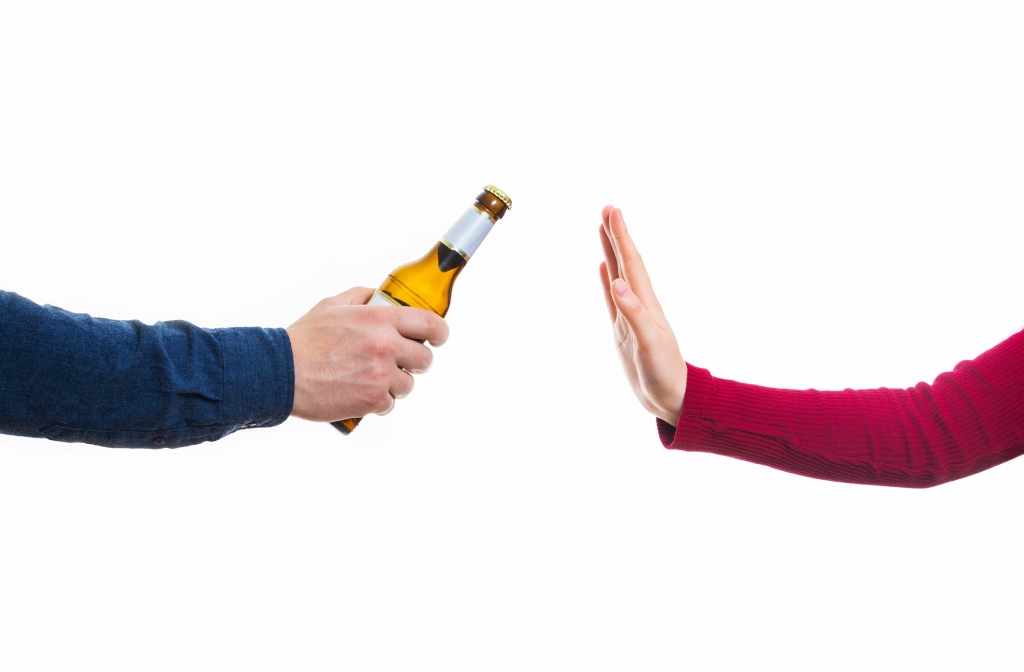Although much about social media’s influence on alcohol use is unknown, research has consistently found a link between young people’s exposure to alcohol-related social media posts and their alcohol consumption and related problems. Alcohol-related social media posts by young people have also been found to be robust predictors of alcohol consumption and problems. Dr. Walton, Rebecca Cunningham, M.D., and colleagues previously developed SafERteens. SafERteens is a single-session, motivational interview-based intervention delivered by a therapist to youth ages 14 to 18 during an emergency department visit for a medical illness or injury. The researchers found that alcohol-related consequences and severe aggression were reduced in the year following the intervention. The success of mindfulness training in Cooperman’s study may stem from its ability to help patients manage pain.
Signs and Symptoms of Alcohol Use Disorder
To date, three medications have been approved by the FDA to help prevent a return to heavy drinking. You don’t need specialized training or licensing to prescribe these non-addicting medications, so they are no more complicated to prescribe than those for other common medical conditions. As with treatment for other mental health conditions, such as depression, if a patient does not respond well to one medication, it is often worthwhile to try another. If going to an addiction treatment program in person is impractical or impossible for you, consider our virtual care options. A phone-based assessment will help to identify the type and level of treatment that would be the most-effective starting place for you.
- Here’s some information to help you get ready for your appointment, and what to expect from your health care provider or mental health provider.
- For people who are living with AUD and who are concerned about withdrawal symptoms or the strong temptation to drink again, alcohol rehab programs can help provide the tools needed for sobriety.
- Decades of research have led to advances in medications and behavioral therapies to help people recover.
- The good news is that no matter how severe the problem may seem, most people with AUD can benefit from some form of treatment.
About Mayo Clinic
Because Medicare is not subject to this landmark civil rights law. While many people immediately picture young adults when thinking about the current addiction and overdose epidemic, this crisis is affecting all generations. In fact, more than 7 million older Americans struggle with substance use disorders. Opioid use disorder, in particular, has skyrocketed among Medicare beneficiaries, with opioid overdose death rates rising higher among people 65 and older than in any other age group.
National Institute on Alcohol Abuse and Alcoholism (NIAAA)

Many people with alcohol problems and their family members find that participating in support groups is an essential part of coping with the disease, preventing or dealing with relapses, and staying sober. Your health care provider or counselor can suggest a support group. Although social media is linked to increased alcohol misuse, it also holds promise for addressing alcohol misuse among college https://stalkeruz.com/ten-chernobylya/kto-znaet-paskhalki-i-prikoly-v-stalkere.html?page=2 students. Dr. Steers and her team are working to develop novel interventions targeting students ages 18 to 26 who drink excessively and who are also avid social media users. As a step toward a more standardized measure for research, her team created an alcohol-related content and drinking scale in which students use their alcohol-related posting behavior to recall their drinking retrospectively.

Editorial: Reclassifying marijuana is not decriminalization, but is a welcome step in that direction

Just as some people with diabetes or asthma may have flare-ups of their disease, a relapse to drinking can be seen as a temporary setback to full recovery and not a complete failure. Seeking professional help can prevent relapse—behavioral therapies can help people develop skills to avoid and overcome triggers, such as stress, that might lead to drinking. Most people benefit from regular checkups with a treatment provider. Medications also can deter drinking during times when individuals may be at greater risk of relapse (e.g., divorce, death of a family member).
What are the different levels of intensity for AUD treatment?
Medicare covers certain screenings, services, and programs that aid in the treatment and recovery of mental health and substance use disorders. Although some people may quit drinking on their own, or with the support of nonmedical https://www.nofixedhome.com/2018/01/23/ab-fab-mahabs/ programs, others find attending outpatient or inpatient rehab programs is the right choice for them. These programs can provide medical and mental health support, counseling, therapy, education, and accountability.
The good news is that no matter how severe the problem may seem, most people with AUD can benefit from some form of treatment. Group therapy or a support group can help during rehab and help you stay on track as life gets back to normal. Alcoholism is a common and different term for alcohol use disorder. https://roddom4-kaliningrad.ru/drugoe/chem-bystree-snyat-sinyak-bystro-i-prosto-ubiraem-sinyaki-na-litse-i-tele.html Milder cases — when people abuse alcohol but aren’t dependent on it — are as well. Trying to tough it out on your own can be like trying to cure appendicitis with cheerful thoughts. In the DSM-5, alcohol use disorder is further classified into categories of mild, moderate, and severe.
Laisser un commentaire